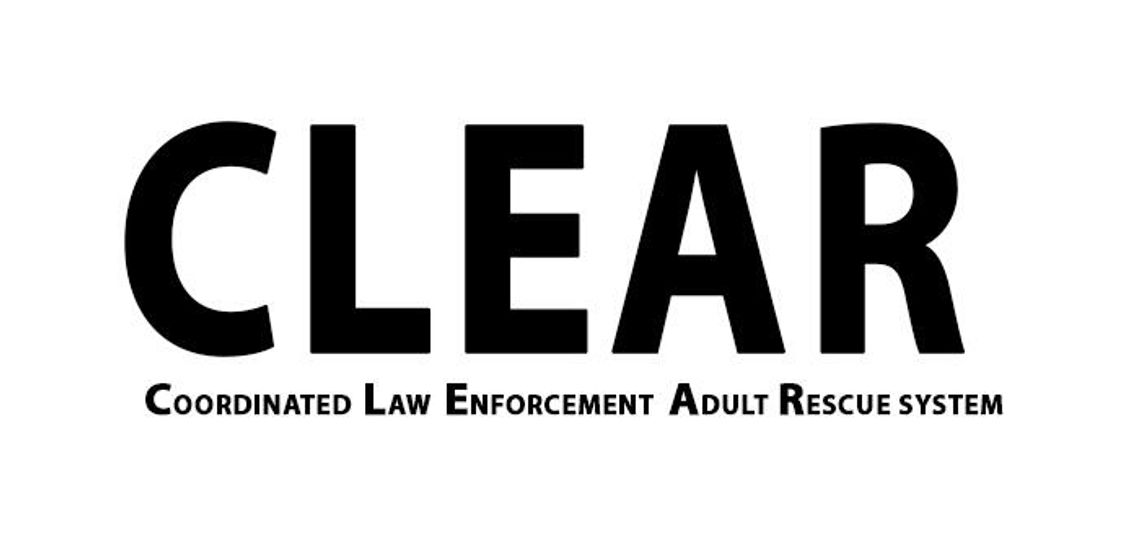New system targets endangered adults
By Anita Miller
Cayley Mondadi was Seton Medical Center Hays’ first organ donor. Besides giving life to others, her death helped to spur the creation of a statewide alert for adults between the ages of 18 and 65 who are missing or endangered in Texas.
The C.L.E.A.R. Alert system, approved by the Legislature earlier this year, went into effect Sept. 1 and is an acronym of her name, along with that of D’Lisa Kelly, Erin Castro, Ashanti Billie “and the Rest.”
Mondadi, a 19-year-old student at San Antonio’s Trinity University, was on life support when she arrived at Seton, having been “dropped off” at the hospital in Luling Oct. 29, 2017 after attending a music festival in Houston with her boyfriend. An autopsy revealed extensive head and facial trauma, said Hays County Justice of the Peace Beth Smith, who pronounced her dead two days later.
It wasn’t long before her death was ruled a homicide. The boyfriend, 22-year-old Mark Howerton, was eventually charged with murder and sexual assault. But although her friends “knew she was allegedly abducted,” there was no framework for putting the public on the lookout, Smith explained.
“Not a thing” existed, Smith said. “There was not a law that covered that age group between Amber Alerts and Silver Alerts … If they could have put an alert out maybe everything could have gone differently.”
Mondadi’s mother, along with the mothers of other murdered children, petitioned the legislature, which went on to pass HB 1769, authored by State Rep. Greg Bonnen (R-Friendswood), who is a neurosurgeon and medical professor.
The C.L.E.A.R. Alert was designed to “close the gap” between existing alert systems in an attempt to locate and rescue “missing, kidnapped or abducted adults” as well as those “who are in immediate danger of injury or death,” as well as aid in locating possible suspects.
Similar to Amber and Silver Alerts, C.L.E.A.R. Alerts will be disseminated by public and commercial radio and television and on dynamic signs on Texas’ interstate highways. The legislation also establishes criteria for the DPS for putting out the alerts and modifying the criteria as necessary.
The DPS is also required to evaluate the system’s effectiveness and make a report to the governor, lieutenant governor and speaker of the House of Representatives not later than Dec. 31, 2021.











